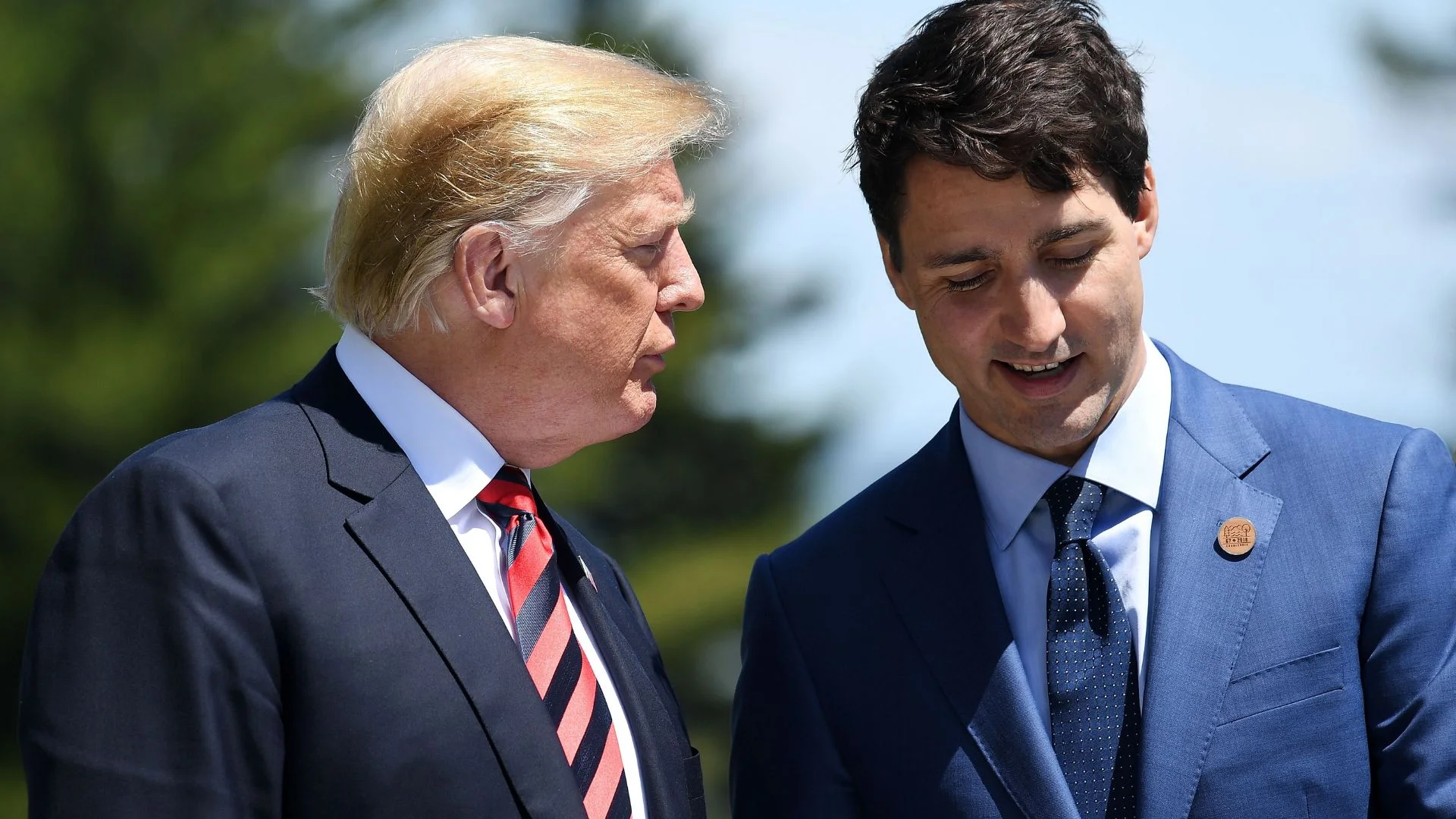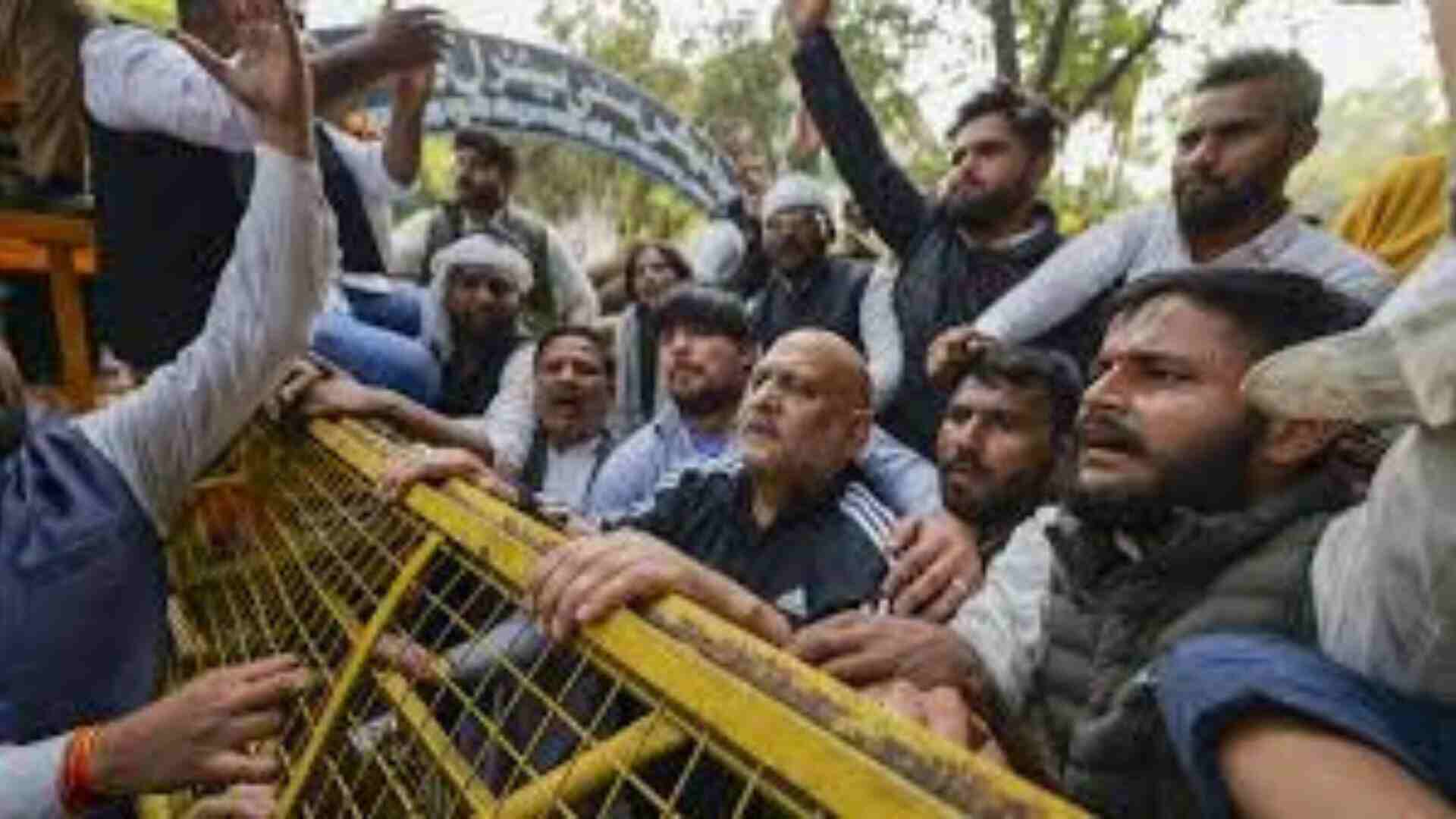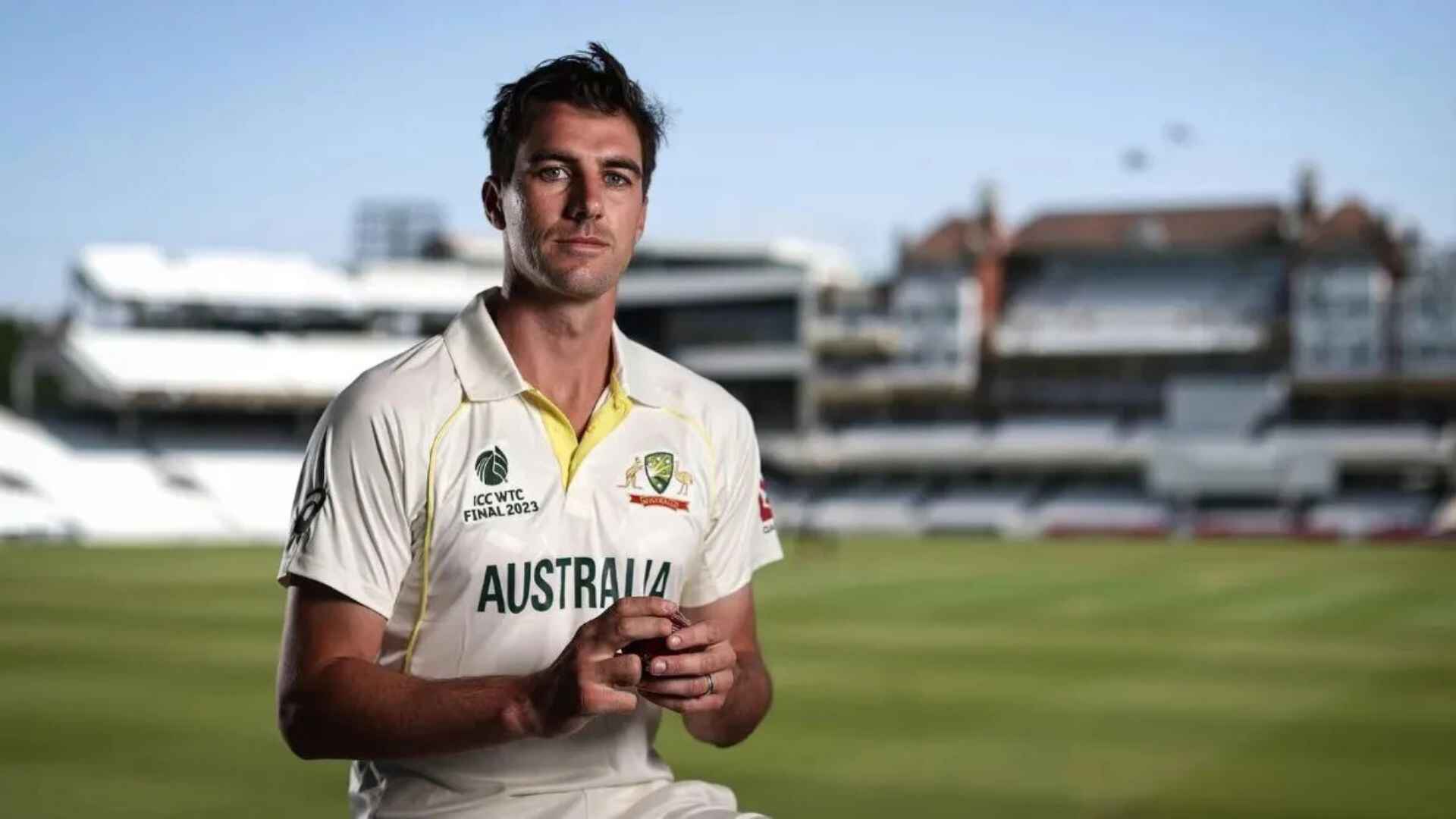
“ACA Controversy: Former Captain’s Allegations Trigger Political Ripples in Andhra Pradesh.”
The world of cricket is not just about glorious centuries and breathtaking catches; it’s also about the dynamics within the team and the governing bodies that oversee the sport. Recently, a storm brewed in the Andhra Cricket Association (ACA) with allegations of injustice and forceful resignations. One individual at the center of this controversy has chosen to speak out, shedding light on what seems to be a grave injustice.
The former captain, whose identity remains undisclosed, has come forward with a series of grievances against the ACA. According to him, his removal from the captaincy was unjust and came as a shock. He asserts his innocence, stating firmly, “I haven’t done anything wrong, but I was removed from captaincy.”
The incident that sparked this turmoil revolves around a breach of BCCI rules regarding the presence of the 17th player in the dressing room. The former captain admits to losing his cool and confronting Prudhvi, leading to a complaint filed against him. He acknowledges his outburst but emphasizes that it was fueled by frustration over the team’s performance.
Furthermore, the former captain feels betrayed by the ACA, stating, “I’ve done so much for ACA, but they just flagged me off from captaincy.” His resignation, he claims, was coerced, painting a picture of internal strife and power struggles within the association.
One of the key points raised by the former captain is the prevalence of abuse or sledging in cricket, both on and off the field. He argues that such behavior is not uncommon and is often driven by the desire to ensure the team’s best interests. However, he maintains that he never intended to attack anyone personally but rather acted in the interest of the team.
Moreover, the former captain expresses his dismay at feeling sidelined in favor of individual players, particularly singling out Prudhvi. He feels undervalued despite his contributions to the team and the sport, lamenting, “It is unfortunate that only Prudhvi is important for the team but not me as a captain.”
Despite the challenges he faces, the former captain remains steadfast in his commitment to the game. He asserts that his actions are driven solely by a desire to uphold the integrity of cricket and be an example to fellow players.
The broader implications of this controversy extend beyond the confines of the cricket field. It sheds light on the power dynamics within cricket associations and the challenges faced by players in navigating them. It also underscores the importance of transparency and accountability in sports governance.
As this saga unfolds, it serves as a reminder that cricket is not just a game but a reflection of larger societal issues. It is a call to action for stakeholders to ensure fairness and justice prevail, both on and off the field.















